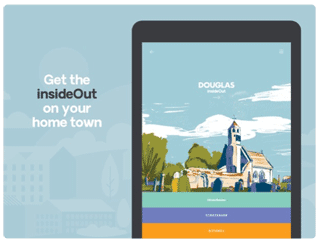
Douglas Community Council.
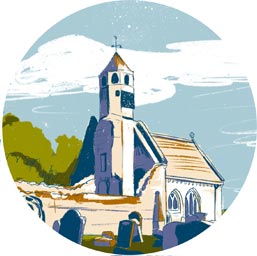 Douglas Lanarkshire
Douglas Lanarkshire
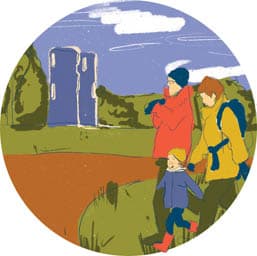 Our Local Community
Our Local Community
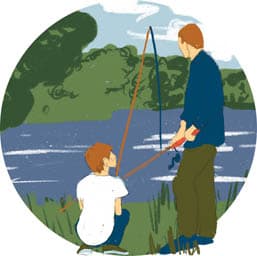 Things To See & Do
Things To See & Do
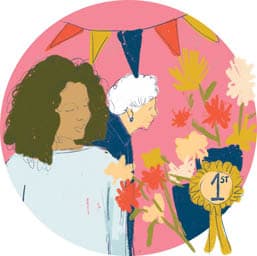 Events & What’s On
Events & What’s On
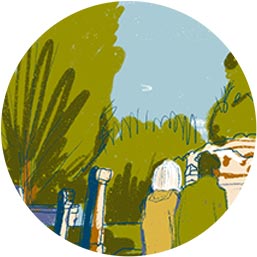 Photo Galleries
Photo Galleries
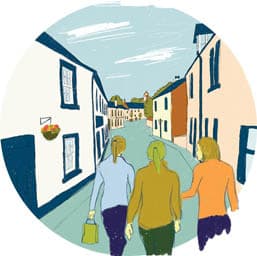 Local Directory
Local Directory
About the Community Council.
A Community Council is a voluntary organisation set up by statute by the Local Authority and run by local residents to act on behalf of its area. As the most local tier of elected representation, Community Councils play an important role in local democracy.
Community Councils are comprised of people who care about their community and want to make it a better place to live. As well as representing the community to the local authority, Community Councils facilitate a wide range of activities which promote the well-being of their communities. They bring local people together to help make things happen, and many Community Councils protect and promote the identity of their community. They advise, petition, influence and advocate numerous causes and cases of concern on behalf of local communities. They can:
- Carry out projects to enhance their community for all types of citizens – elderly, single mothers, minority groups, youths etc.
- Issue community newsletters
- Conduct local surveys
- Campaign on local issues
- Organise community events
Community Councils must represent all people in the area without prejudice. Therefore, they should:
- Be non-party political and non-sectarian.
- Represent a full cross-section of the community and encourage the involvement of people regardless of gender, race, age, disability, nationality or sexual orientation.
They must ascertain and express the views of the community to local authorities and other public bodies and take action which is in the interests of its community. They can complement the role of the local authority but are not part of local government. They should have a positive working partnership with the local authority - therefore they must be informed on the council’s policies, and keep the council updated on their activities.
It is also the role of the Community Council to respond to statutory consultations and planning applications where it is deemed that it is appropriate to do so. Community Councils have a statutory right to be consulted on applications for planning permission and the community council has a special role, representing a broader yet still local view which can be set alongside the comments of those with a more individual interest. Planning authorities also receive comments and objections on planning applications from statutory consultees like Scottish Natural Heritage or Historic Environment Scotland, from neighbours who are given special notification, and from a wide range of interested parties.
Authorities are obliged by law to decide planning applications in accordance with the development plan for the area (that is, where applicable, the approved strategic development plan and the adopted local development plan or local plan, taken together) unless material considerations indicate otherwise. Coming to a reasoned judgement on these matters lies at the heart of the planning authority’s' discretionary power to approve, refuse or modify applications under the law and within a framework of national policy guidance. The community council's key task is helping to provide an informed local context within which appropriate decisions can be made in the public interest.
Individuals may also submit their own representations on such matters via the appropriate local authority channels and the South Lanarkshire Council e-planning portal
Get involved.
Douglas Community Council is active in a number of areas, working closely with Local Elected Members and officers of South Lanarkshire Council to ensure the area receives the attention and consideration it deserves.
Local residents are welcome to make representations to the Community Council at any time in writing or by email in relation to any statutory matter which they feel requires to be raised with the Local Authority.
Current Agenda items include:
- Local Windfarm Development
- School 3G Pitch Floodlighting
- Douglas Cemetery Capacity
- Active Travel Routes
